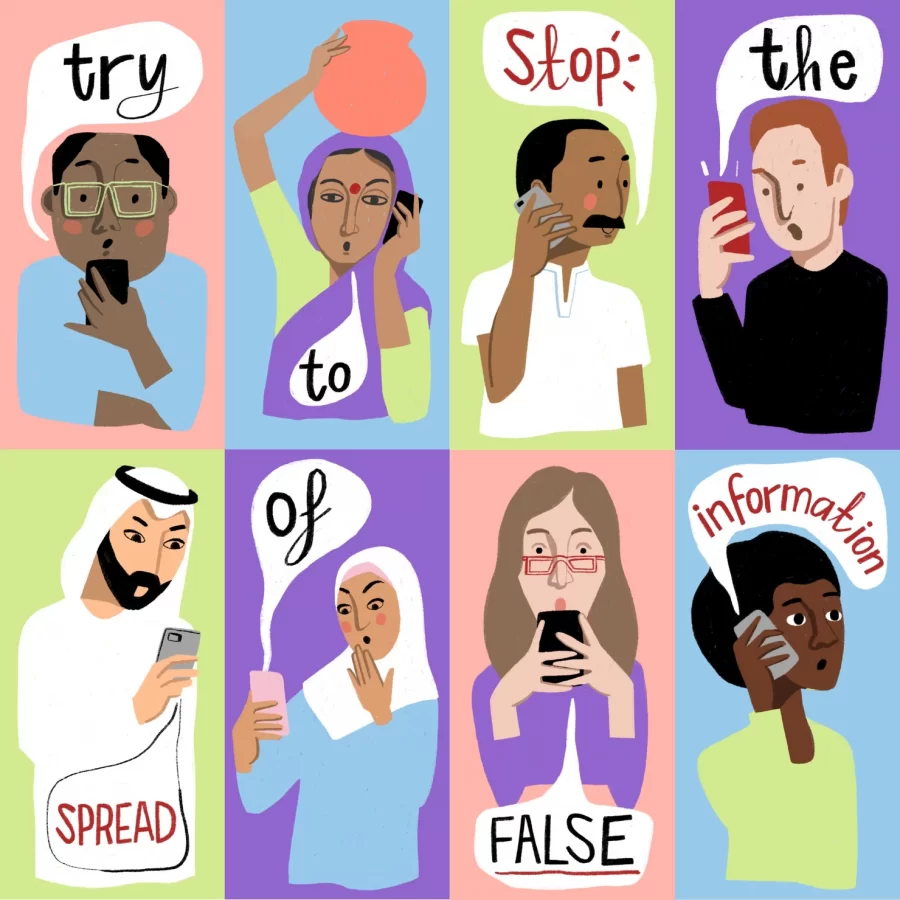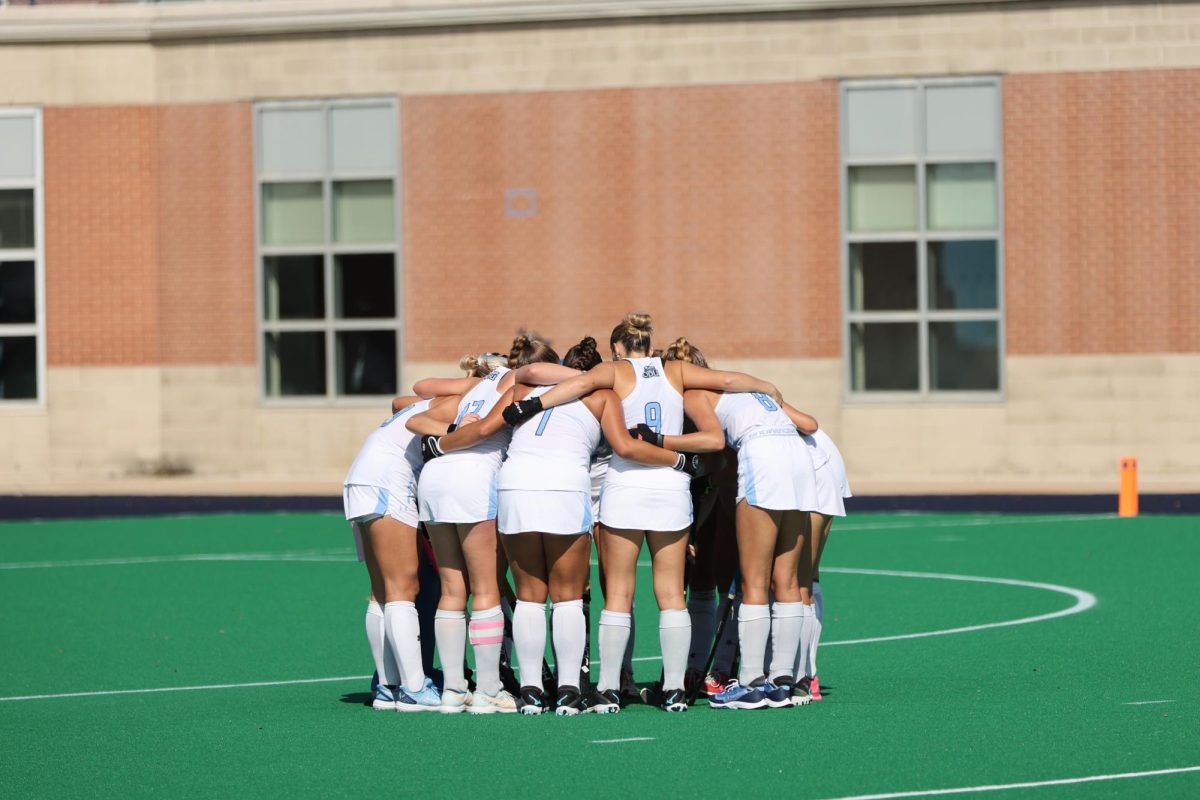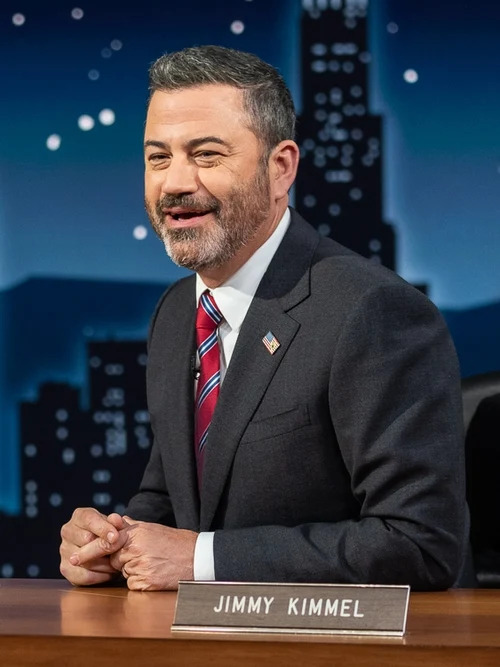Dr. Ted Gournelos, Associate Professor of Communication and Theatre Arts at Old Dominion University led last night’s virtual Science Pub discussion titled Social Media’s Political Darkside. Gournelos gave an in depth look of everything wrong with social media and how users can confront digital problems such as harassment, false information, and addiction.
“Social media is far more complex than we think,” said Gournelos, “We think that because we use it, we completely understand it, but that’s not true.” Gournelos defines social media as a tool for social interaction within a group as well as media produced, circulated, consumed by or among a social group. By this definition, social media includes the most “media-rich” platforms such as Facebook, Twitter, Instagram, and Youtube while also consisting more radical sites such as 4Chan, Reddit, and the dark web.
Beyond social interaction, some of social media’s goals are to retain and create community by cutting through time, space, and distance and to form interest-based groups.
“That distance creates an alienated society,” Gournelos said, “Groups formed around common interests such as the app NextDoor can directly connect you with your neighbors.”
The professor also emphasizes that targeted messaging has become the primary purpose for social media to “cut through the clutter” and as a way for corporations to target consumers with ads and propaganda.
The professor also thinks that we should be worried about the dark side of social media, especially when it comes to our mental health.
“When you produce on Instagram and see others produce, you find patterns occurring and you see that people are performing for likes,” Gournelos said.
Addiction to social media has become a threat to users and it only continues to spread. Gournelos states that forced performativity with constant feedback among other things has proved to cause anxiety and an unhealthy addiction to the digital world.
Gournelos also expresses that hostility such as trolling, flaming, and harassment contributes to the unhealthy space of social media. “Hostility creates a ‘spiral of silence’ which is when the person being harassed online shuts down,” Gournelos said, “The only people who are speaking are the ones attacking the person.”
Dr. Gournelos believes hostility, anger, and addiction is “embedded in how social media is structured” which further creates a breeding ground for false information and conspiracy theories. For example, climate change denialism is a movement that began in the U.S. in the 1980’s. The movement continues to rise in other countries with the help of social media mobilization.
“Climate change denial was largely pushed by conglomerates in the U.S and the U.K. who realized it would be profitable,” Gournelos said, “Anti-climate policies were failing so they tried to muddy the waters. They wanted to convince news organizations that it [climate change] was a debate.”
According to Gournelos presentation, climate change deniers are approximately 6-15% of the population, but those within the movement believe they are closer to 40%. Gournelos asserts that this is possible through echo chambers online that cause selective exposure by algorithms. The information that climate change deniers see on social media affirms their beliefs, because it is manipulated by algorithms to display specific false information. This is how various conspiracy theories and false information gain dangerous momentum on social media.
Dr. Gournelos notes that conspiracy is “seductive and addictive”. Emotions such as fear and anger encourage people to subscribe to false information that affirms their feelings. This is how conspiracies run rampant on platforms like Facebook which further empowers hate groups and ideas that corrode American’s trust in democracy. For many of us, social media has become the wild west where it is now more difficult to decipher credible information from the false.
However, Dr. Gournelos believes that we can effectively combat propaganda online by practicing media literacy while also challenging our own arguments through research and analysis. On the other hand, he also thinks we can reduce the effect of propaganda on the people we care about and interact with daily.
“Remember the barriers to entry are personal and so are the motivations to talk about ideas,” said Gournelos, “Perception is more important than reality. It doesn’t matter what the reality of climate change is, because perception of the issue is more important.”
Gournelos also notes that when we do address others about questionable information, debunking myths with facts “rarely cause change.” He suggests that we should use the method of “strategic debunking” which includes meeting your audience where they are to find common ground.
He also suggests that we can reduce the effect of propaganda by introducing little bits of false information and to “keep asking questions until someone destroys their own argument.”
“It’s important to first ‘talk around’ the issue and when they go a little too far, back away,” said Gournelos.
The professor encourages everyone to let go of their fears and anger [on social media], and to not feed the trolls. “Social media is useful, but we just have to be careful. It’s not essential, but it’s a useful tool,” said Gournelos.
As Election Day 2020 approaches, false information has never been more of a threat to the voting public, but we have an important mission to practice media literacy, healthy skepticism, and to analyze our sources.
“What scares me is the conspiracy theorists and the people who get amped up, but don’t understand when they’re being manipulated,” said Gournelos.
Dr. Gournelos’ final remarks were to promote comprehensive research and a “culture of inquiry” where people can discuss examples of false information and break apart arguments.
The next Online Science Pub will reportedly be held in December. ODU Science Pubs are public and offer the opportunity to have engaging conversations with University researchers.








